In my last article, I spoke about neuropathies and different options for treatment. I briefly explored the use of supplements and their role in its management but I did not bring magnesium into that conversation. Neuropathic pain is just one of many forms of pain that magnesium can benefit.
In society today, we are dealing with an opioid epidemic and patients and practitioners are looking to treat pain with options that don’t contain potentially addictive opioid medications. After reading this article, I hope you agree that magnesium should be considered one of those options.
As good as magnesium is for you, the bad part is that the Food and Drug Administration estimates that up to 68% of the population is deficient in this important mineral. It is available in our diet by eating;almonds, cashews, peanuts and peanut butter; soybeans; spinach; dried beans; potatoes; whole grains and other foods. Getting magnesium in your diet can be a challenge for many and supplementation can be easily done and not too much of a strain on your pocketbook.
Magnesium has many functions including; strengthens bones; maintains nerve and muscle function; regulates heart rhythm and blood sugar levels; and helps maintain joint cartilage. This mineral is a critical cofactor in over 300 enzymatic pathways in our bodies. When you consider 68% of us are deficient in this mineral, it would appear that our bodies are not functioning optimally for many people.
Symptoms of low magnesium include; fatigue, depression, muscle cramps, irregular heartbeat, high blood pressure, sleep disturbances and asthma to name a few.
The role of magnesium in pain management involves its blocking of the NMDA receptor. NMDA is an abbreviation to a really long description which is not important, but what is important is that this particular receptor is one of several gateways for pain transmission. If we can affect the NMDA receptor, we can help stop pain. The NMDA receptor is also blocked by medications like ketamine, tramadol and methadone which are commonly prescribed for pain management.
As stated above, getting magnesium in your diet is a great option but a majority of patients are not eating the necessary foods to make that happen. Medications can also work against us. Diuretics or water pills, pull fluid off of our body and are used in patients with blood pressure and cardiac issues. When they pull fluid from our systems they also pull out electrolytes and minerals including magnesium. These include popular medications like furosemide and hydrochlorothiazide.
Proton pump inhibitors or PPI’s affect the absorption of magnesium. These include omeprazole, pantoprazole, and lansoprazole which can be gotten with a prescription or purchased over the counter. If you are suffering with pain and taking one of these medications, it is critical to be taking a magnesium supplement to offset their depletion
Aside from pain another reason for recommending magnesium has to do with stress and sleep. Magnesium helps regulate cortisol levels, and calms the nervous system. If you have difficulty sleeping, or ever feel anxious or stressed- magnesium will often be your best friend.
As with any supplement, the quality and form of magnesium is critical. When you are presented with many different options for the best form to use, this can be quite confusing.
The glycinate form is one of my favorites for several reasons, first, magnesium itself can cause loose stools and diarrhea and that is why it is used in preparations like milk of magnesia, the glycinate salt forms is gentler on your stomach than other salt forms. Secondly, absorption is a big deal and taking a magnesium supplement that isn’t well absorbed will do little for you. The glycinate is a highly absorbable form of magnesium.
That being said, it may not be the right choice for you and visiting with a health care professional regarding a choice should make that decision it a little easier. People who have kidney issues should consult a doctor before taking magnesium. Kidney problems can cause difficulties in excreting the excess magnesium.
A concept in pain management that I like to use is called the NC10 Rule. It comes from a pain specialist Pradeep Chopra MD, who has a private practice in Connecticut. The concept looks at getting 10% pain relief from a pain-relieving modality. He refers to using multiple modalities to treat pain giving the example of 5 different options yielding a 50% reduction in pain management. Often times we are looking to hit a home run with a treatment option yet if we use multiple modalities we can get a powerful effect.
Magnesium is a great option in our quest to effectively treat pain. Other supplemental options include; Vitamin D, Curcumin, Omega 3 fatty acids, Selective Pro-Resolving Mediators.
Please stop in or call the pharmacy if you would like further information on ways to help with choosing the right magnesium supplement for your needs. Be vigilant about your health!!
VISIT US
HOURS
HOURS
CONTACT US
Fax #: (701) 483-4926




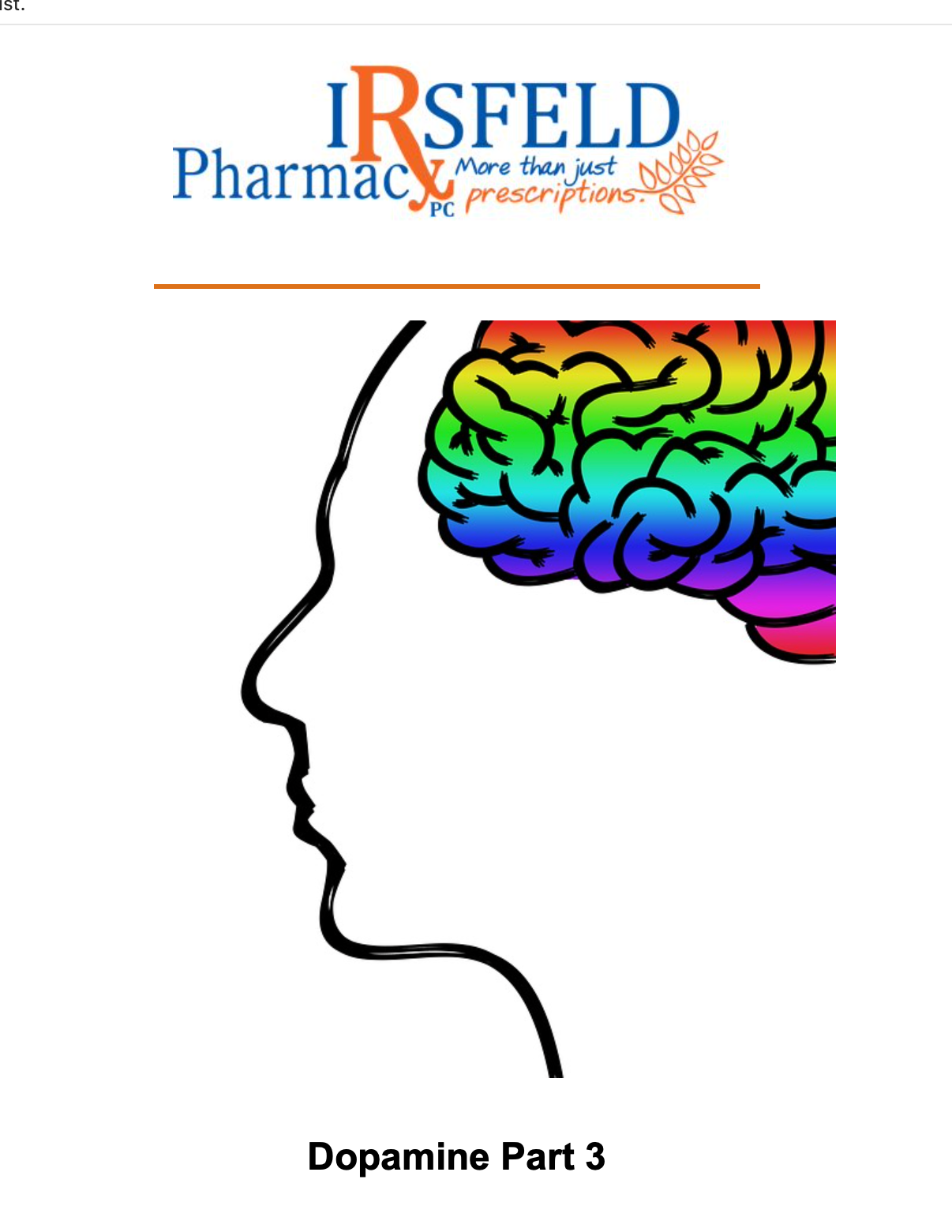

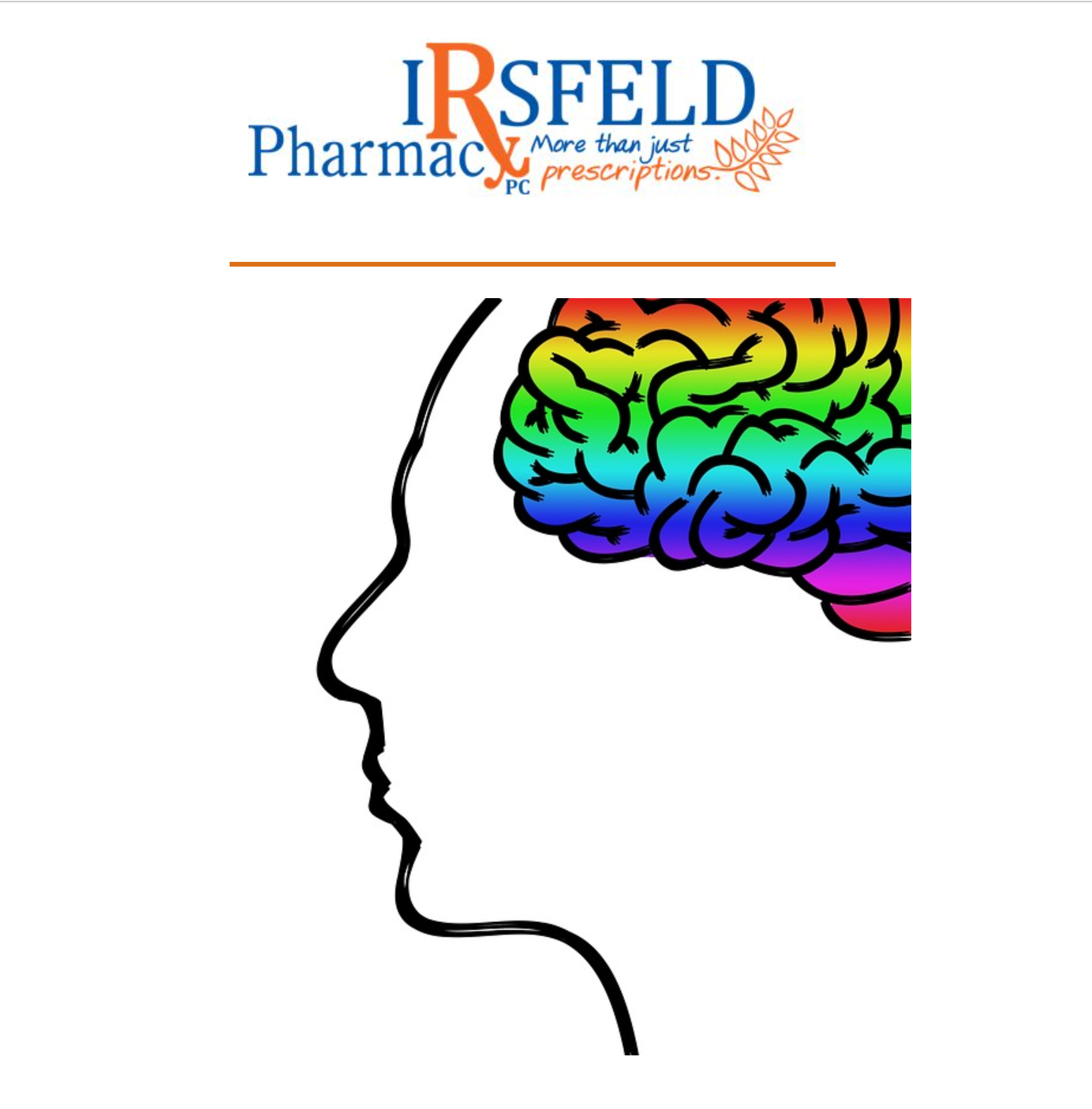

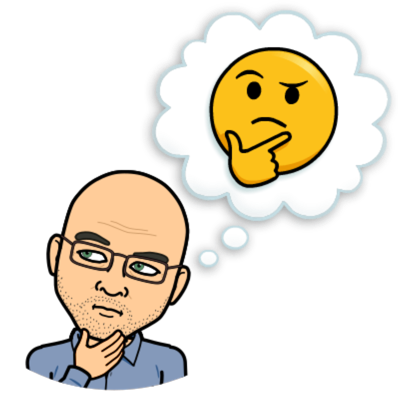

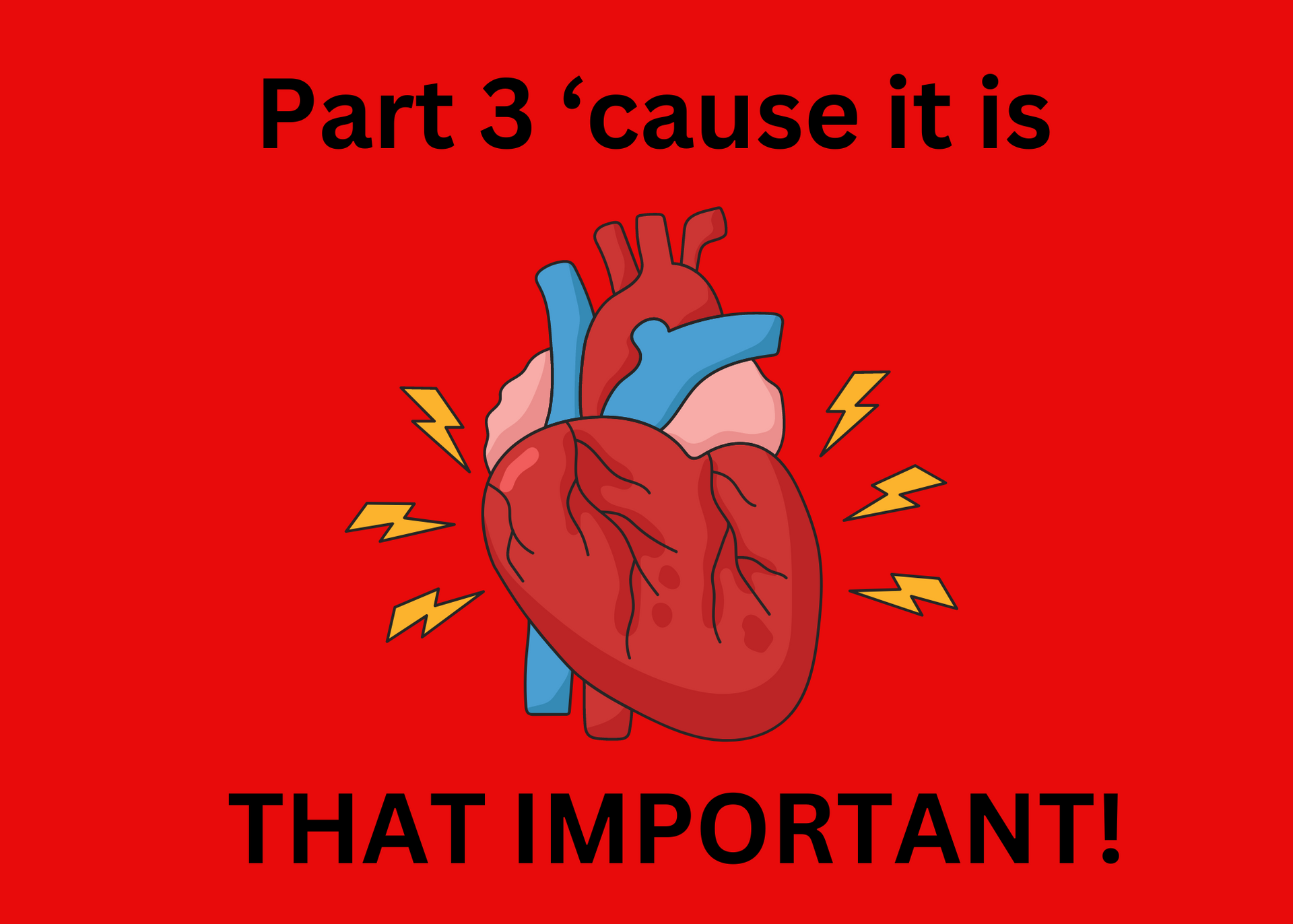
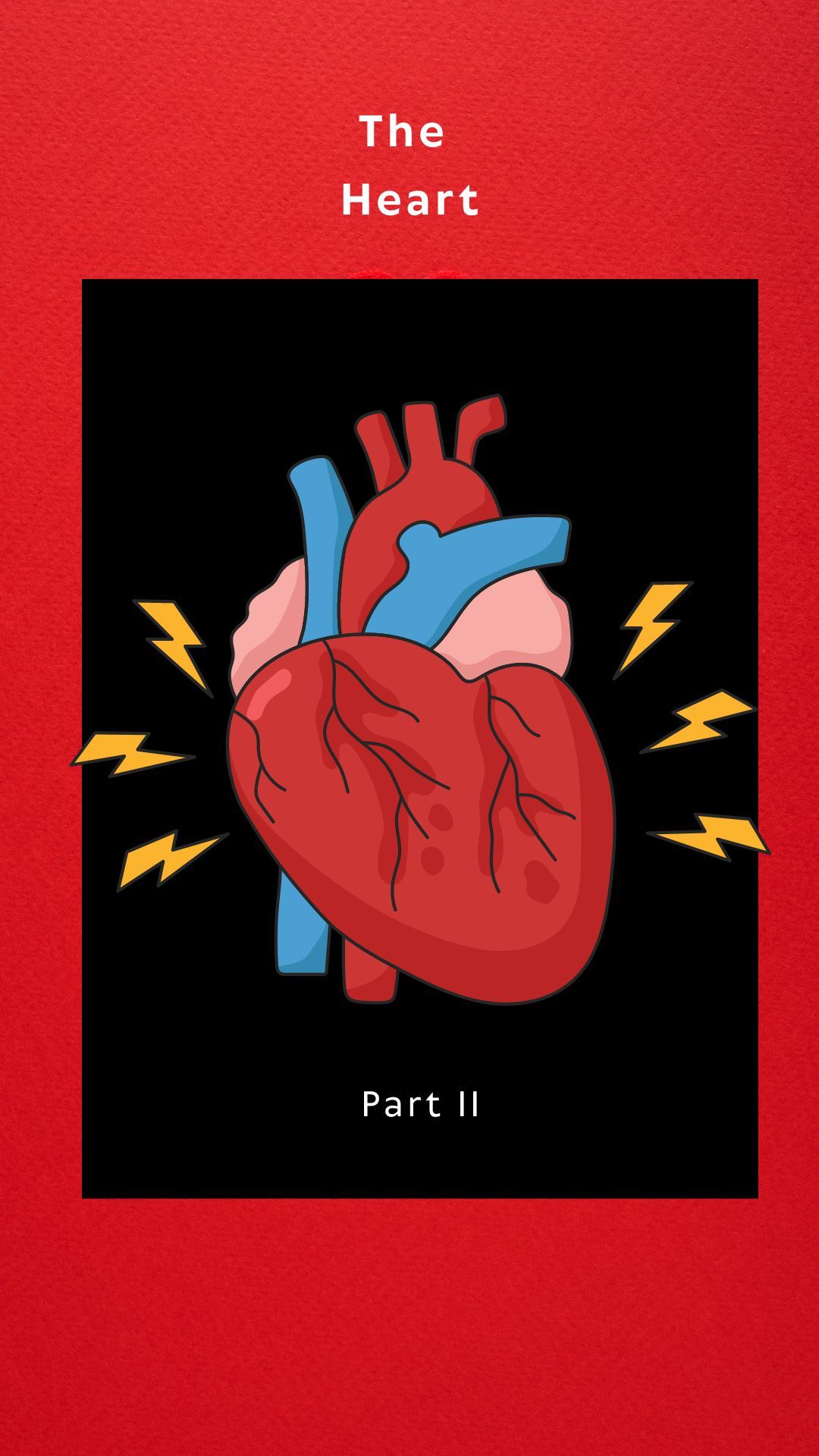
Share On: